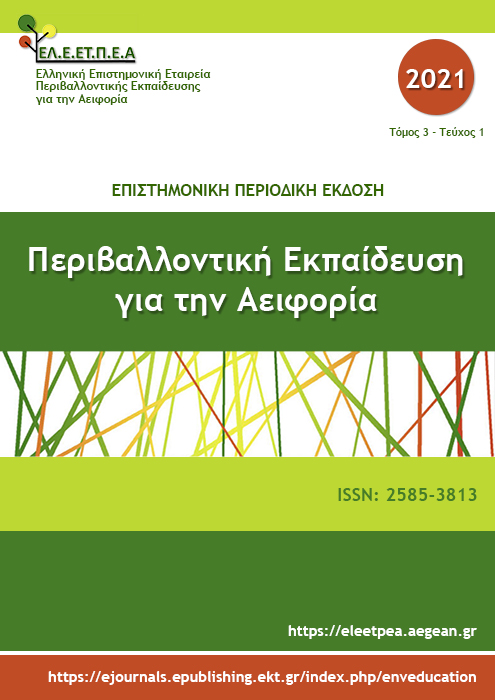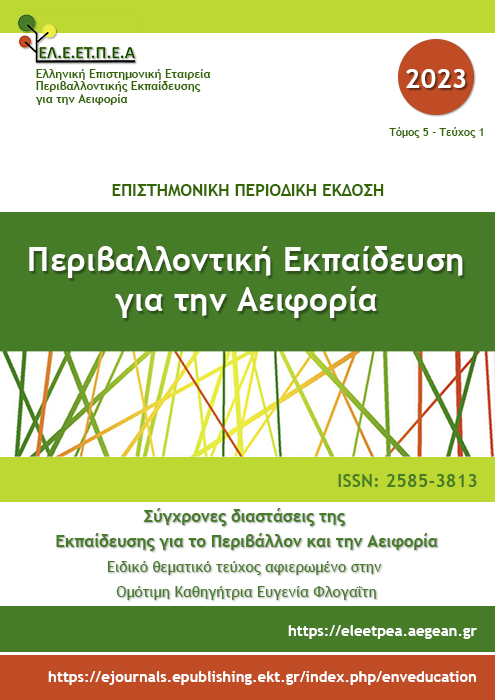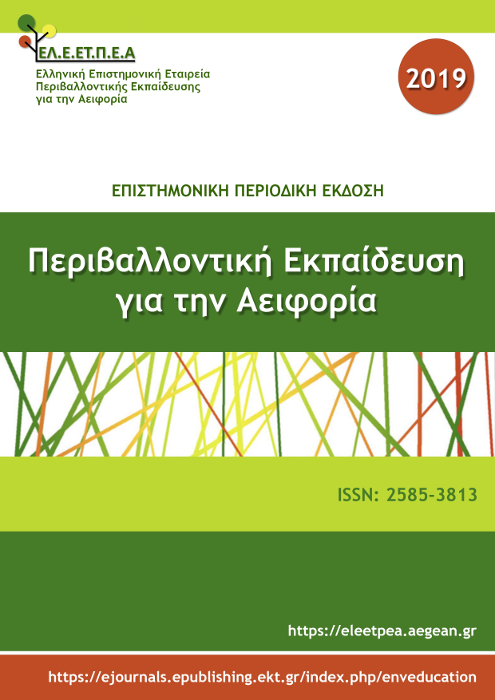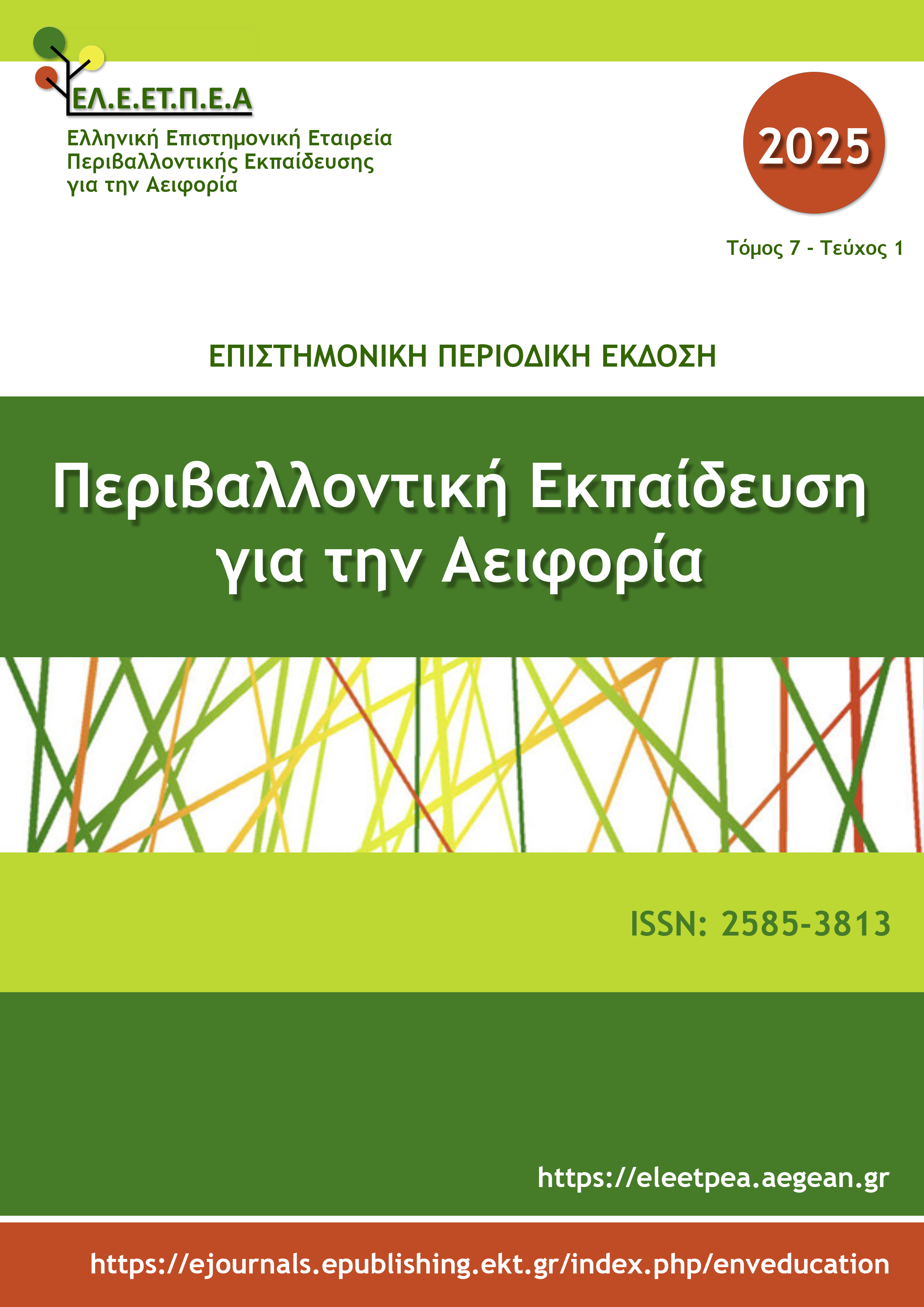Υπεύθυνη κατανάλωση: μια κεντρική διάσταση της εκπαίδευσης για το περιβάλλον και την αειφορία

Περίληψη
Η υπεύθυνη κατανάλωση αποτελεί μια έννοια κλειδί στην εκπαίδευση για το περιβάλλον και την αειφορία καθώς βρίσκεται στον πυρήνα όλων των ζητημάτων που πραγματεύεται. Βασική άλλωστε επιδίωξη της εκπαίδευσης αυτής είναι να γίνουν οι εκπαιδευόμενοι παράγοντες της αλλαγής προς περισσότερο αειφόρα καταναλωτικά πρότυπα. Γιατί όμως η κατανάλωση συνδέεται τόσο άμεσα με τα σημερινά ζητήματα του περιβάλλοντος και της αειφορίας; Ποιοι είναι οι παράγοντες που έχουν διαμορφώσει το σύγχρονο καταναλωτικό μοντέλο; Σε αυτές τις ερωτήσεις θα επιχειρήσουμε να απαντήσουμε σε αυτό το κείμενο. Θα εξετάσουμε ακόμα το εννοιολογικό πλαίσιο της υπεύθυνης κατανάλωσης, τους παράγοντες που επιδρούν στην αλλαγή της καταναλωτικής συμπεριφοράς καθώς και τα αμφιλεγόμενα ζητήματα που ενυπάρχουν στην εκπαίδευση για την υπεύθυνη κατανάλωση. Τέλος θα συζητήσουμε τρόπους για την ένταξή της στην εκπαιδευτική πράξη.
Λεπτομέρειες άρθρου
- Πώς να δημιουργήσετε Αναφορές
-
Λιαράκου Γ. (2021). Υπεύθυνη κατανάλωση: μια κεντρική διάσταση της εκπαίδευσης για το περιβάλλον και την αειφορία. Περιβαλλοντική Εκπαίδευση για την Αειφορία, 3(1), 55–70. https://doi.org/10.12681/ees.26695
- Ενότητα
- Articles

Αυτή η εργασία είναι αδειοδοτημένη υπό το CC Αναφορά Δημιουργού – Μη Εμπορική Χρήση – Παρόμοια Διανομή 4.0.
Οι συγγραφείς διατηρούν τα πνευματικά δικαιώματα και παρέχουν στο περιοδικό το δικαίωμα της πρώτης δημοσίευσης μαζί με την αδειοδότηση της εργασίας με CC-BY-NC-SA, που επιτρέπει σε άλλους να μοιράζονται αυτή την εργασία με αναγνώριση του συγγραφικού δικαιώματος και την αρχική δημοσίευση σε αυτό το περιοδικό.




